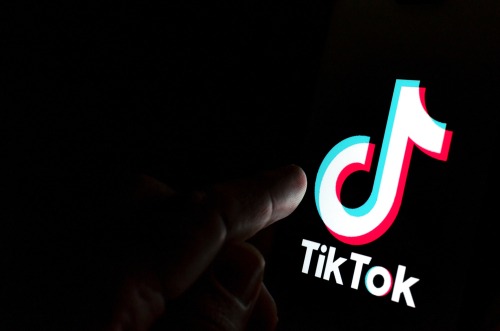
Pushing to crack down on technology from foreign adversaries of the United States, the Restricting the Emergence of Security Threats that Risk Information and Communications Technology (RESTRICT) Act was introduced this week in the Senate.
A product of U.S. Sens. John Thune (R-SD) and Mark Warner (D-VA), the legislation would create a risk-based process overseen by the U.S. Department of Commerce to identify and counter foreign-made information and communications technology products and services deemed a threat.
“Congress needs to stop taking a piecemeal approach when it comes to technology from adversarial nations that pose national security risks,” Thune said. “Our country needs a process in place to address these risks, which is why I’m pleased to work with Senator Warner to establish a holistic, methodical approach to address the threats posed by technology platforms – like TikTok – from foreign adversaries. This bipartisan legislation would take a necessary step to ensure consumers’ information and our communications technology infrastructure is secure.”
As proposed, the RESTRICT Act would require creation of new procedures to identify, deter, disrupt, prevent, prohibit, and mitigate transactions involving information and communications technology products any foreign adversary of the United States has any interest or which poses risks to national security. Evaluation of information communications and technology products important to telecommunications or with serious national security implications would be prioritized, and actions set up to address risks from untrusted foreign information communications and technology products through consideration of government-identified “concerning activity.”
Another key pillar to the plan would be education. Commerce would have to coordinate with the director of national intelligence and provide declassified information on how transactions denied or otherwise blocked might have caused undue or unacceptable risk. This information would be provided to the public and business communities as a means of transparency.
“Today, the threat that everyone is talking about is TikTok and how it could enable surveillance by the Chinese Communist Party or facilitate the spread of malign influence campaigns in the U.S.,” Warner said. “Before TikTok, however, it was Huawei and ZTE, which threatened our nation’s telecommunications networks. And before that, it was Russia’s Kaspersky Lab, which threatened the security of government and corporate devices. We need a comprehensive, risk-based approach that proactively tackles sources of potentially dangerous technology before they gain a foothold in America, so we aren’t playing Whac-A-Mole and scrambling to catch up once they’re already ubiquitous.”
The RESTRICT Act was co-sponsored by 10 other senators.




